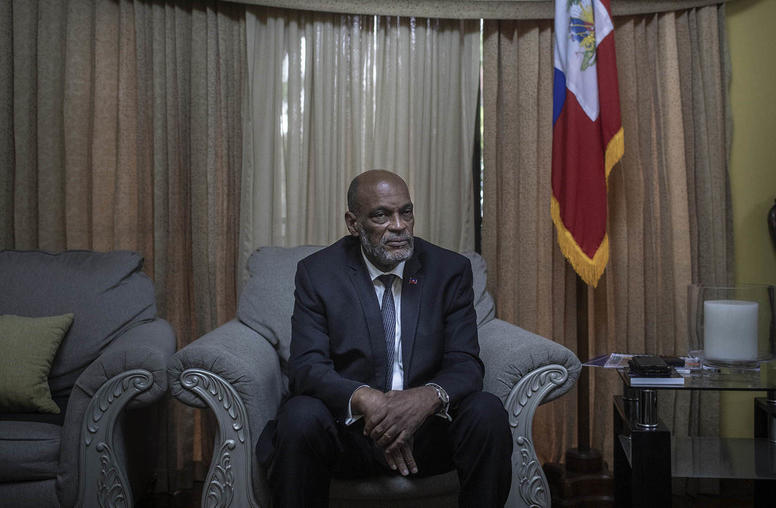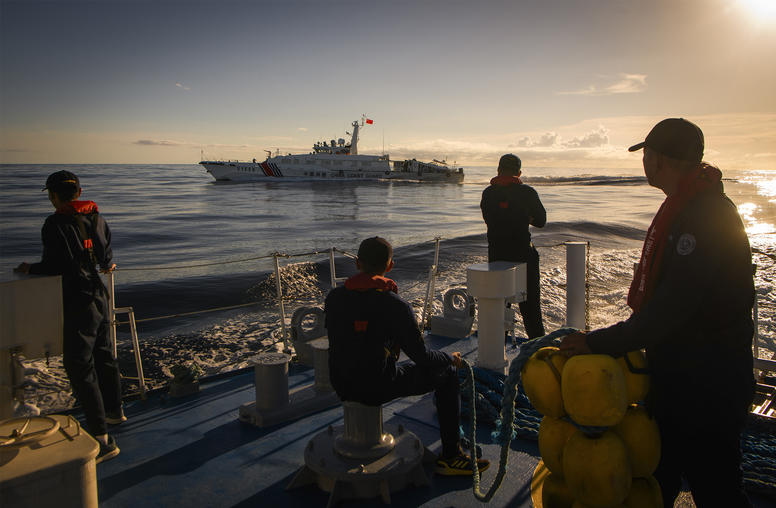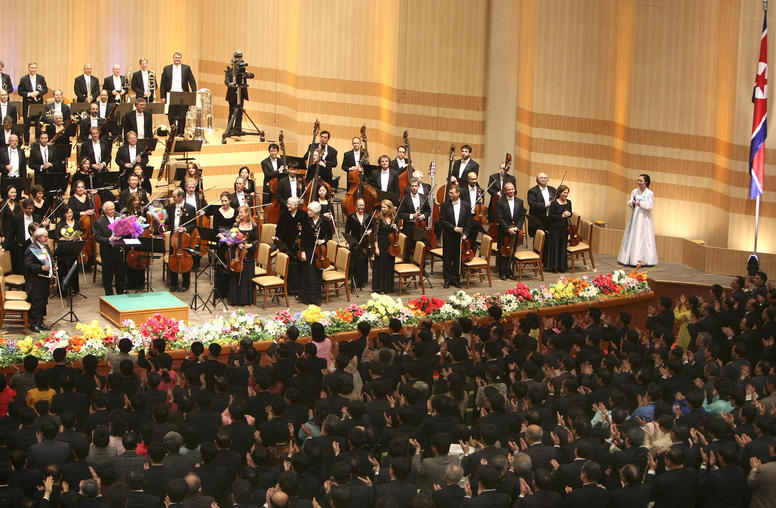 Conflict Analysis & Prevention
Conflict Analysis & Prevention
Strategies to prevent, manage or resolve violent conflict can succeed only if they are grounded in clear analysis of the causes and potential trajectory of a conflict. Through research, training and analytical techniques, the U.S. Institute of Peace empowers practitioners and local communities with means to more effectively avert violent conflict.
Featured Publications

China, Philippines Have Big Disagreements Over Their Recent Deal
China and the Philippines this weekend reached a deal aimed at reducing their growing tensions over Second Thomas Shoal. The agreement comes as maritime confrontations have been increasing in frequency and intensity, raising fears of a broader conflict that could lead to the Philippines invoking its mutual defense treaty with the United States. While the deal could be a key step to reducing tensions, messaging from both Beijing and Manila suggests that both sides still firmly maintain their positions on the disputed waters, and that they see the agreement’s provisions in fundamentally different ways.

What the Houthi-Israel Exchange Might Mean for Escalation in the Middle East
The Middle East saw yet another escalatory episode over the weekend, as Israel and Yemen’s Houthis exchanged fire. On July 19, the Iran-backed Houthis launched an unprecedented drone attack on Israel, which hit an apartment building in downtown Tel Aviv, killing one and injuring at least 10 others. It was the first time that the Houthis killed or even harmed an Israeli, despite launching dozens of missile attacks on Israel since October 7. The next day, Israel struck back with an airstrike on the strategic port of Hodeida, marking the first time it attacked Yemen. The Israeli attack killed six, injured dozens more and left ablaze key oil facilities in the area.

The Red Sea Crisis Goes Beyond the Houthis
The Red Sea is in crisis. At the center of the storm are Yemen’s Houthi rebels, who have unleashed a wave of attacks on ships traversing one of the world’s most pivotal maritime straits, putatively in support of Hamas’s war against Israel. The Houthi gambit in the Red Sea is imposing serious costs on global trade, as did the problem of Somali piracy, which reached its peak in 2010. The United States and some of its allies have stepped in to militarily suppress the threat, bombing Houthi positions inside Yemen. But although this episode is illustrative of the difficulties of Red Sea security, the crisis extends far beyond the trouble emanating from Yemen.
Current Projects

Crisis in Haiti
Analysis of Haiti’s deepening crisis, its implications for regional peace and security, and policy options for the United States to consider.

Tracking China’s Global Security Initiative
China’s ongoing push to change the international security order entered a new phase with the launch of the Global Security Initiative (GSI) in April 2022. The GSI promotes a set of distinct security concepts and principles — many of which reflect Beijing’s longstanding international normative preferences, such an emphasis on territorial sovereignty and noninterference. USIP is tracking how the GSI is being operationalized by China, with an initial focus on essay series examining China’s GSI activities in ASEAN and Central Asia.

Pursuing Peaceful Coexistence with North Korea: An Essay Series
This ongoing USIP essays series explores how the countries involved in the Korean Peninsula can tangibly and realistically reduce risks and improve relations within a reality where North Korea possesses nuclear weapons and will not denuclearize in the foreseeable future. In other words, how can the United States and South Korea peacefully coexist with a nuclear North Korea?